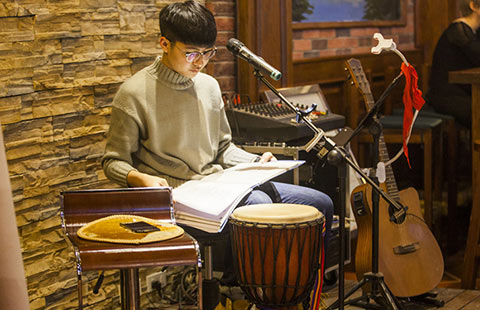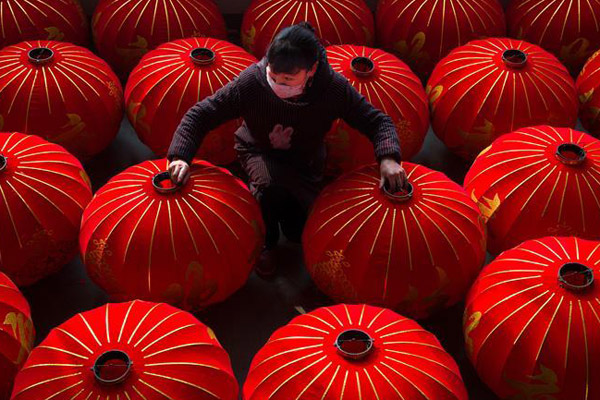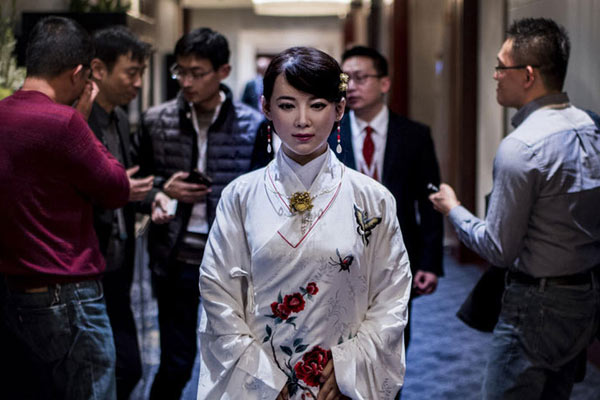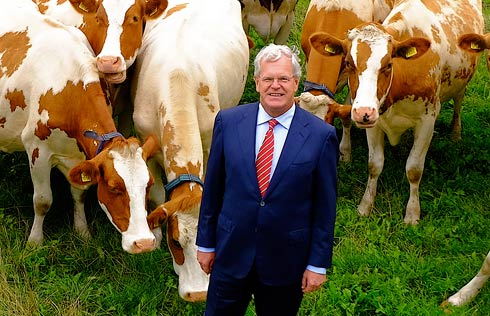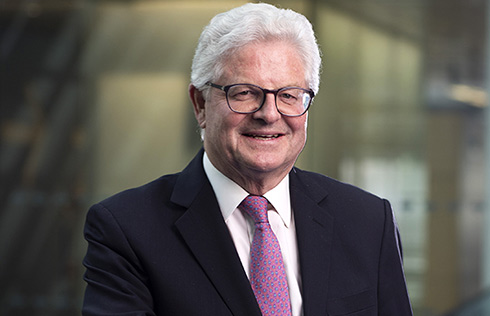Make the world great – part one: global governance
|
 |
|
Hans Boller-Wu, vice-president of the Swiss-Chinese Chamber of Commerce, and his wife Amy Wu are seen in this file photo. [Photo by Xie Songxin/chinadaily.com.cn] |
At the beginning of the New Year the world presents itself in a state characterized by great upheavals and uncertainties of an unprecedented scale.
A new US administration announces noisily a break with the past without indicating a clear new direction, and the European continent is more divided than ever. The Brexit-decision in England, the migrant question and forthcoming elections in France as well as in Germany – the two remaining core-countries of the EU – do not promise a return to stability anytime soon.
Strategic trust is at a low point, and breathless national governments are in most cases not even able or willing to discuss broader issues of global concern. According to Zhao Tingyang, Greatwall Professor of philosophy at the Chinese Academy of Social Sciences and regular participant of our dialogues, we seem to be locked in a kind of non-debate. Westerners usually do not question their own values which they declared universal including individual rationality, representative democracy, maximization of selfinterest, even progress or the opposite, regression, the "politically incorrect".
Zhao argues that under the present new conditions where the process of globalization has interconnected the world to an unprecedented degree, this Western-centric mindset has to be overcome in favor of an attitude of cooperation at all levels, of actively seeking common ground and of deferring to address areas of conflicting interests. This will require the abolition of the all too familiar concept of "beating an adversary" and making a single country great again. In an all interdependent world these former "strategies of survival" have definitively, at the latest since the invention of atomic weapons, become utterly selfdestructive in the long run. Under the new paradigm coexistence decides existence, and the motto should be "pursuit of shared happiness".
Therefore what is needed is a concerted effort to bring an anarchic globalization under a new regime of global cooperation. Undoubtedly, the major powers will bear the biggest responsibility, and it will be them which have to come forward with workable proposals to tackle the big problems of the world such as poverty eradication, climate change, migration and security to make the world strong, peaceful, prosperous and a good place to live in. Or in the words of Chinese President Xi Jinping: "Building a community of shared future for mankind".
A perpetual global peace as longterm goal will not be the kind proposed by Kant but one which will include all cultures, all peoples and all nations echoing the old "compatibility of all peoples", declared by the "Book of Political Documents" (Shang-shu), one of the oldest books in China.
The author is director of the Boller-Wu foundation in Switzerland








